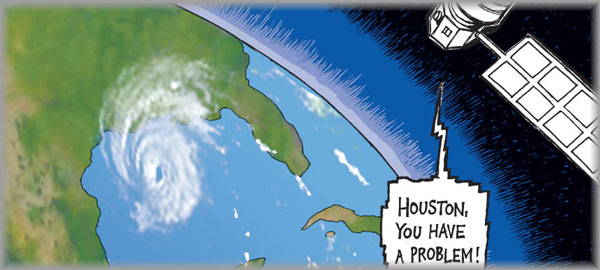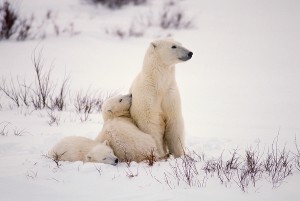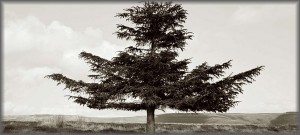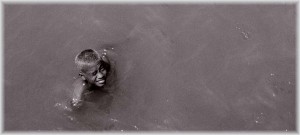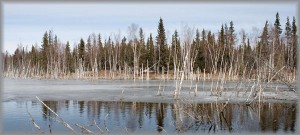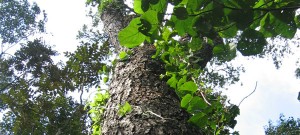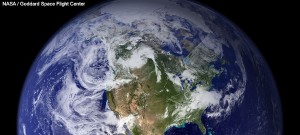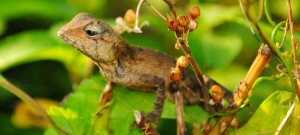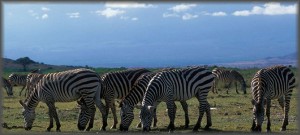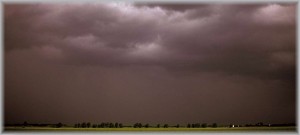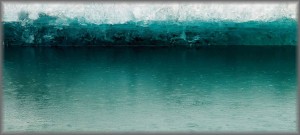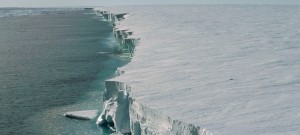Nature
Cartoon #3 – Climate change and extreme weather
The latest featured World Meteorological Organisation Calendar cartoon, representing the threat of extreme weather events as a result of of climate change.
Jude Law and band Radiohead join Campaign to Save the Arctic with new Greenpeace video
The actor and band both collaborate with the NGO in a new video depicting the plight of the Arctic’s most iconic symbol; the Polar Bear.
Climate change could cause Leatherback turtle populations in Costa Rica to collapse by 2100
Eastern Pacific populations of Leatherback turtles could drop 75% by the end of the century as a result of climate change, according to a study published in Nature Climate Change.
Good news: We have four environmental winners from Rio+20
What environmental frontiers emerged as the winners from the Rio+20 outcome document?
Photo of the week #24: Biodiversity & climate change, the last tree standing
This week’s photo of the week, the plight of disappearing woodland.
World leaders must avoid empty ocean commitments at Rio+20, say researchers
New research ahead of the Rio+20 summit on sustainable development has found that commitments made over the last 20 years to protect fisheries have had little success.
Photo of the week #21 – why Rio+20 must deal with threats to freshwater supplies
This week’s photo of the week illustrates the importance of having freshwater supplies and the threats placed on these supplies by climate change.
Callum Roberts: Sustainable fishing can feed a growing world population
RTCC continues analysing the latest work by Professor Callum Roberts – a comprehensive look at the state of the world’s oceans.
Photo of the week #20 – Climate change threatens the world’s Boreal Forests
This week’s photo of the week comes from the Northern Hemisphere’s Boreal Forests.
Rio+20 Business Focus: Kenya, Madagascar and Cameroon focus on preserving life-giving African cherry tree
How the conservation and sustainable use of Prunus africana is improving the lives of small-scale farmers in Africa.
Has climate change been the death of environmentalism?
The latest Earth Summit provides us with another chance to reflect on the state of the planet, but will it offer an opportunity to reintroduce nature to the heart of the environmental debate?
Climate change chaos for cold-blooded animals
As climate change worsens, a new study predicts cold-blooded animals will have a more chaotic and less predictable response than fish when it comes to redistribution.
Marine reserves in Australia help sustain fisheries
New research examining marine reserves on the Great Barrier Reef use DNA evidence to discover how far they go in helping to sustain fisheries.
Photo of the week #19 – Melting water security on Mount Kilimanjaro
This week’s photo of the week, what will be the impact of melting glaciers on wildlife in Kenya?
Coastal seagrass could store more CO2 than forests
New research in Nature Geoscience, find that coastal seagrass has the potential to be vital carbon sinks and therefore part of the solution to climate change.
Bonn 2012: UNCCD calls for agriculture to be central to Rio+20
Talking to RTCC at the Bonn Climate Talks, UNCCD’s Sergio Bonilla calls for agriculture, land and soil to be central to talks both under the UNFCCC and at Rio this June.
Photo of the week #18 – Defending the coastlines
Our latest photo of the week shows extreme weather’s impact on the Netherlands.
Planet’s “health” has declined since first Rio Earth Summit
Living Planet Index has declined 30% since 1970 as WWF calls for change of pace in the response at Rio+20.
Photo of the week #17 – Greenland’s disappearing glaciers
This week’s photo of the week shows the implications of glacier melt in Greenland on rising sea levels.
Weddell Sea region in West Antarctic could be on brink of change
Two new studies show the Weddell Sea sector of the West Antarctic ice sheet – previously regarded as stable – could be a region of great concern in the future.
